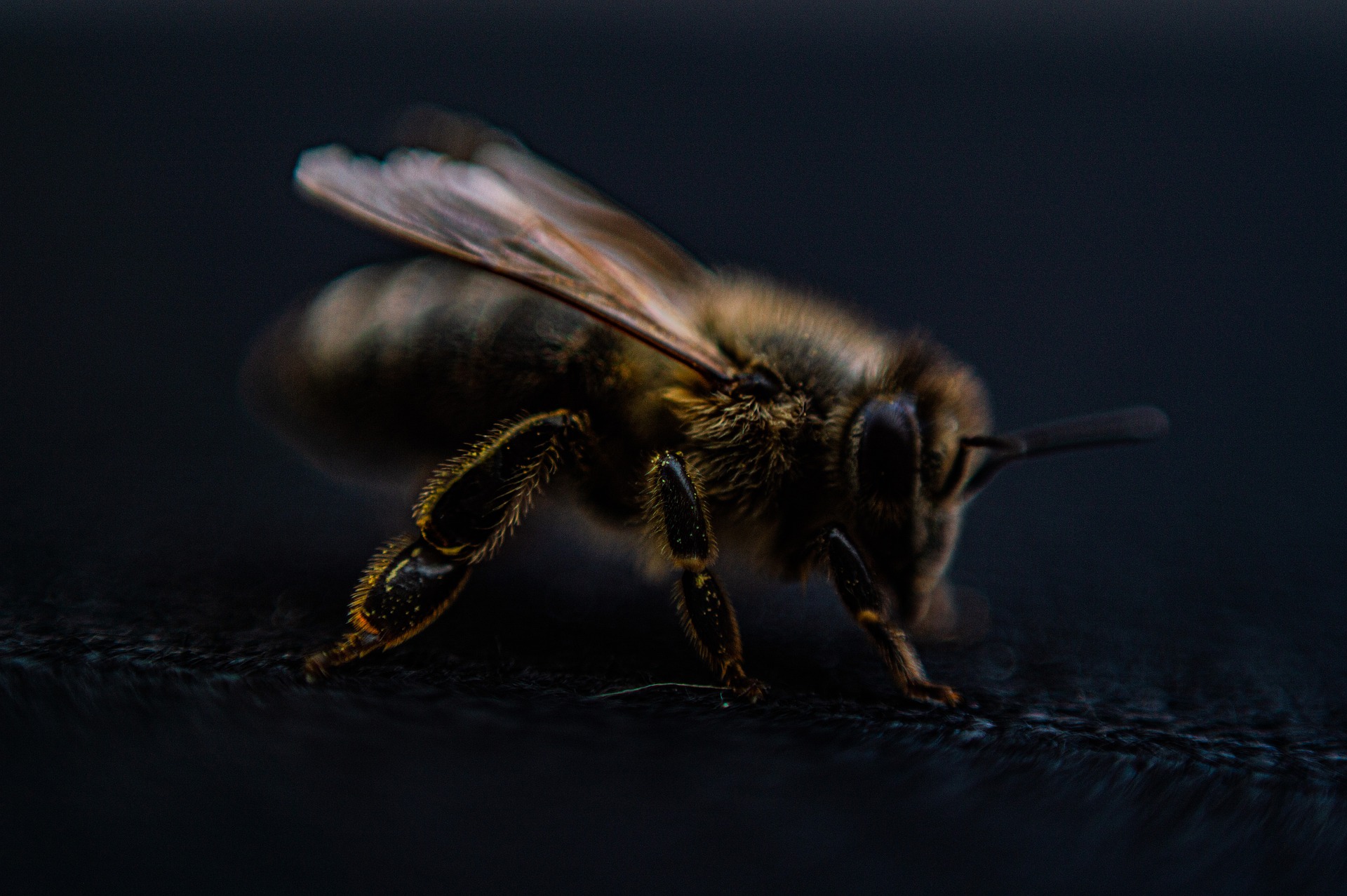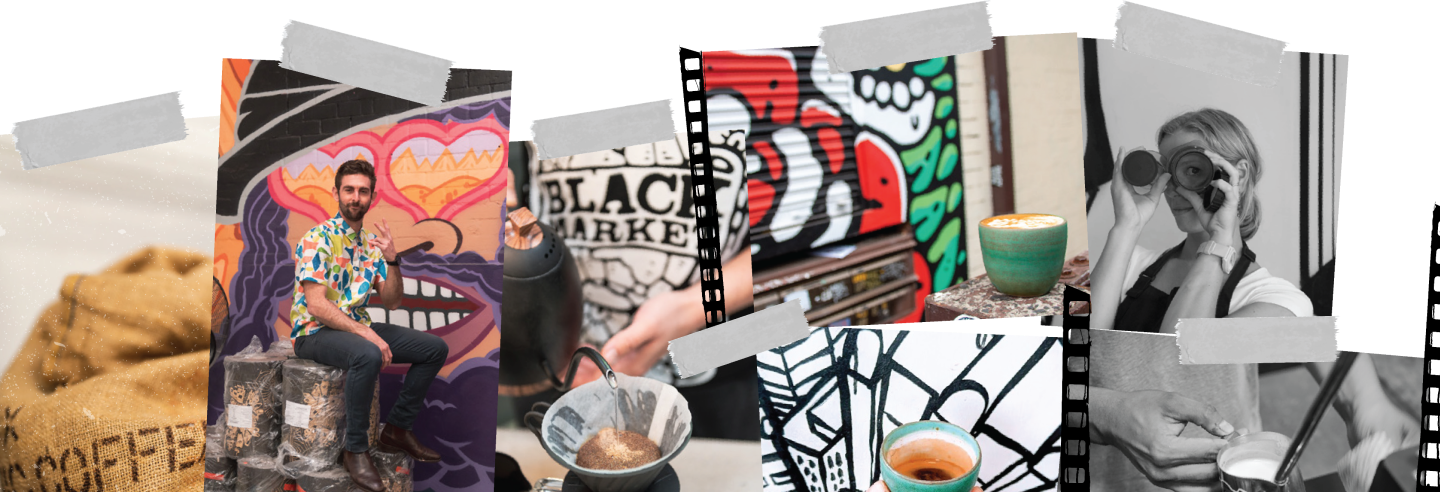
COFFEE FARMS OPEN BORDERS TO REFUBEES
BEES AND COFFEE SUSTAINABILITY
Not long ago I heard about the diminishing bee population and how this will be catastrophic for the world as we know it. I heard that if you see a bee that looks tired or lost, you can help it by feeding it a sugar water syrup that will give it the energy it needs to continue its journey back to the hive. For the last few years I’ve been a saviour to who knows how many wayward and down trodden apis and bombus’. Every time I saw a bee plodding in circles, limply bobbing along the warm deck timber slats, I’d race to the kitchen, mix a solution of water and raw sugar (white sugar would be okay in a pinch, but may not be conducive to their diet should they be paleo. I also question the ethics of feeding them honey), then race back with a spoonful and place it within reach of the poor little thing, so it could refuel, recuperate, and make it back to the hive to continue being a backbone to the planet’s complex ecosystem.
I later heard that when bees are returning from a bountiful flower loot, they are so laden with nectar and full to their eyeballs (all five of them) that they stop mid flight, drunkenly stumble around for a while, trying to sleep it off and not get into any fights, before sneaking back home through the hive window as to avoid another grilling from the queen about yet another day out with the boys.
I also heard that feeding them more sugar in their drunken stupor could send them over the edge into a coma, or to death by overdose.
Coffee farms can save bees much better than I can. But I can drink coffee so I still count myself as bee saviour.
Bees are being introduced to coffee farms to facilitate the pollination of their trees, resulting in higher yields from their crops. Bees used to do this naturally, but their population has been in decline due to many factors that are largely symptomatic of the increasing homogenisation of the developed world’s culture, and the demands it places on the developing world.
In times of old, cultures grew crops that were native to their nearby surroundings, which meant a diverse global ecosystem of Davidson Plums, bush tomatoes and rose apples (native to eastern Australia), not just wheat (native to the fertile crescent in the Middle East). Deforestation and clearing land to grow crops that had a higher nutrient value per gram was a solution to feeding a growing population, with a side effect of being highly vulnerable to pests or disease with a taste for that particular crop. So pesticides became prominent, then genetically modified plants that were resistant to the pests and pesticides – all solutions to feeding more people, but not a good solution for the bees, whose ingesting of the chemicals weakened their immune systems, and the clearing of native flora depleted their natural food source. This in turn means that bees and all their cross-pollinating abilities, are diminishing.
But who even cares about saving the bees? Just dust another crop with a growth hormone and be done with it. Bees sting people and what did growth hormones ever do to anyone anyway?
Coffee farms want to save the bees. I want to save the bees, if only to make up for my misguided sugar bee elixir, but coffee farms have a more pragmatic approach.
But before I tell you that the specialty coffee industry saves the world once again through its upstanding moral character and high scoring beans, it’s first important to acknowledge the role that coffee has in clearing land and deforestation to grow crops for economic benefit, and that while many farms have sustainable practices in place, we as consumers are not innocent to the detrimental effects this has on the natural ecosystem. Read more about that here.
Back to the bees. For fruit to come into being, it beads to begin as a flower, and be fertilised, and this happens by pollinisation. There are many ways to pollinate a plant, wind, butterflies, even self-pollinating is a thing. But bees are particularly proficient pollinators. Studies in Panama found that introducing the honey bee to their farm resulted in a consistent 36% increase in yield by fruit weight, and this trend has continued on larger scales in other origins, particularly in Latin America.
The coffee associations in Brazil are promoting the opening of borders to African and European refubees to live in their farms, and rather than sucking up the limited resources of the land, growers have found them to be hard workers and quite entrepreneurial, not just in boosting their coffee yield, but also providing supplementary services to the coffee plantation in producing honey for the farmers to sell. The success of this initiative in both its economic and environmental benefits will hopefully encourage other farm-holders and governments to follow suit.
These bees unfortunately aren’t a solution for all coffee farms over the world, they have their preferences for food and shelter that aren’t conducive to many high heat, low shade and monocropped plantations, but it is a symbiotic relationship that is worth exploring further, and does arguably more for the planet and the coffee industry than force-feeding drunk bees into diabetic comas.
REFERENCES
https://repository.si.edu/bitstream/handle/10088/1688/Roubik.pdf?sequence=1&isAllowed=y
https://www.beanscenemag.com.au/new-research-shows-impact-bees-coffee-productivity/
https://www.comunicaffe.com/brazilian-coffee-producers-repopulate-farms-with-bees-to-boost-sustainability-and-quality/
Be The first to know about new digs.

